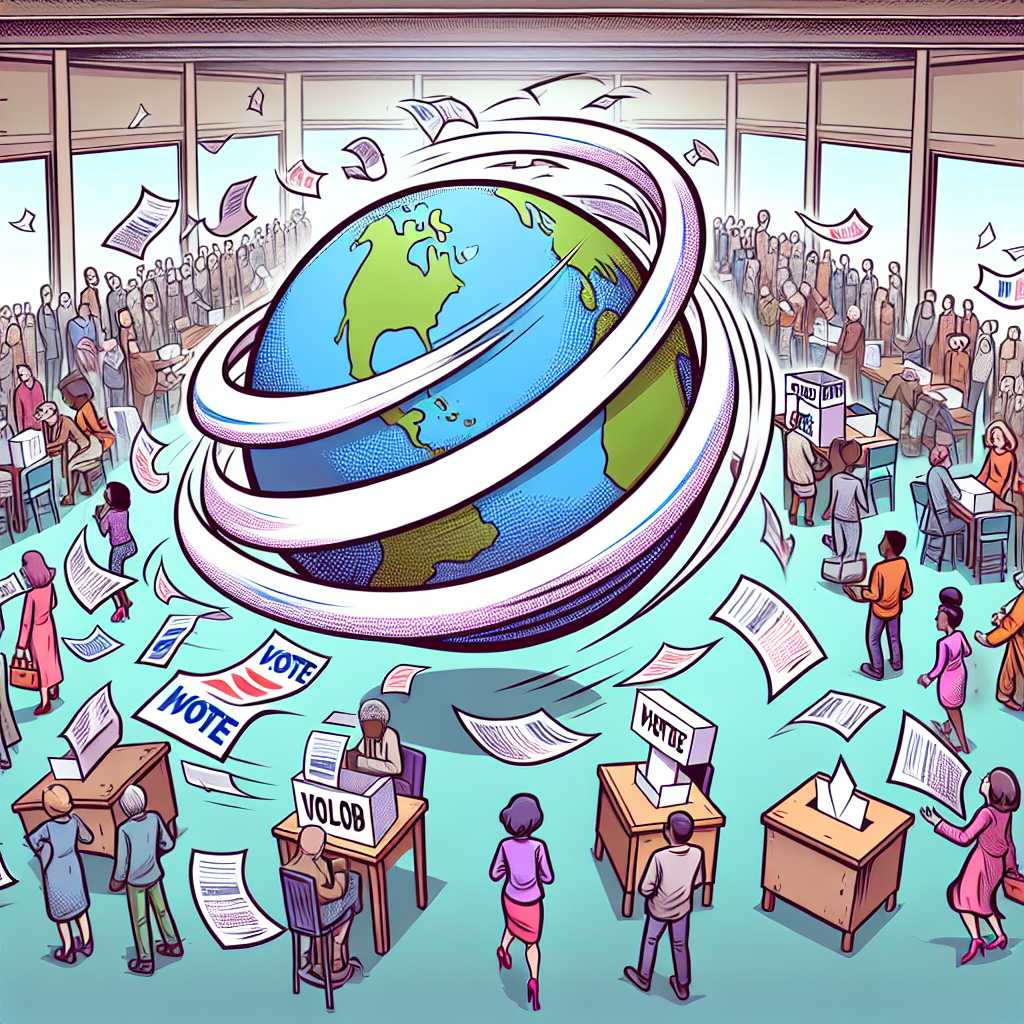Tunisia's Contested Election: A Test of Democracy and Power
Tunisia faces a pivotal election with President Kais Saied seeking a second term amidst rising political tensions. Accusations of Saied undermining democracy echo as rivals face jail or disqualification. Economic challenges persist as Tunisia navigates this complex political landscape. Polls close with uncertain prospects for the democratic process.

On Sunday, Tunisians participated in a critical election with President Kais Saied vying for a second term amid heightened political tensions. Saied's main competitor was incarcerated last month, and the other contender leads a minor political party. Tunisia had previously been an emblem of democratic success post the 2011 Arab Spring.
However, rights groups claim Saied has reversed many democratic achievements since taking office in 2019, consolidating power by dismantling institutional checks. Saied, 66, rebuffs criticism, asserting he combats corruption and betrayal and pledges not to become authoritarian. This election features Saied against former ally-turned-critic, Chaab Party leader Zouhair Maghzaoui, and Ayachi Zammel, recently imprisoned, who was considered a significant threat to Saied.
Public discontent grows over economic stagnation and perceived elite corruption, suppressing enthusiasm seen in post-revolution elections. Despite controversially increasing his powers in 2021 by dissolving parliament and amending the constitution, Saied retains some support for challenging corruption. Tunisia endures financial struggles and periodic shortages, despite increased tourism revenue and European aid.
(With inputs from agencies.)
ALSO READ
Honoring Ambedkar: Champion of Democracy on Mahaparinirvan Diwas
Space for different beliefs in democracy but should conform with Constitution: SC
Fraternity is root of democracy, says former CJI D Y Chandrachud
Ghana's Electoral Crossroads: A Test of Democracy Amid Economic Turmoil
Ghana's Election: A Test of Democracy in Troubled Times










